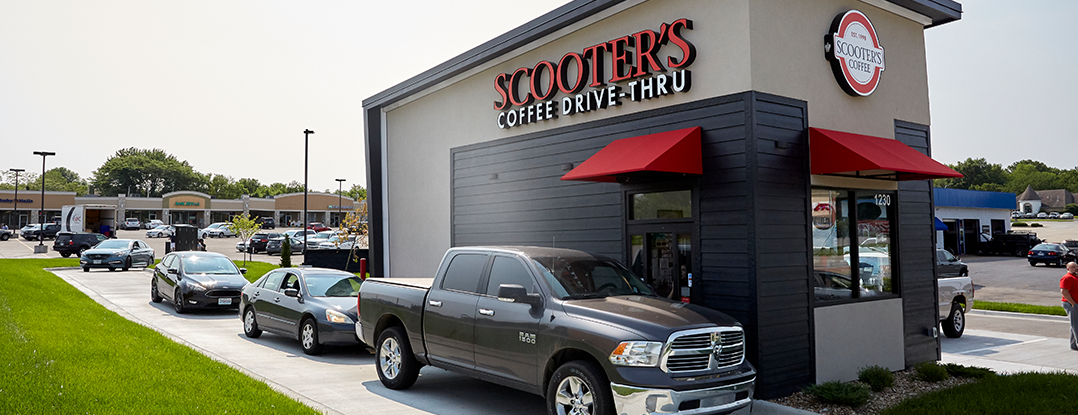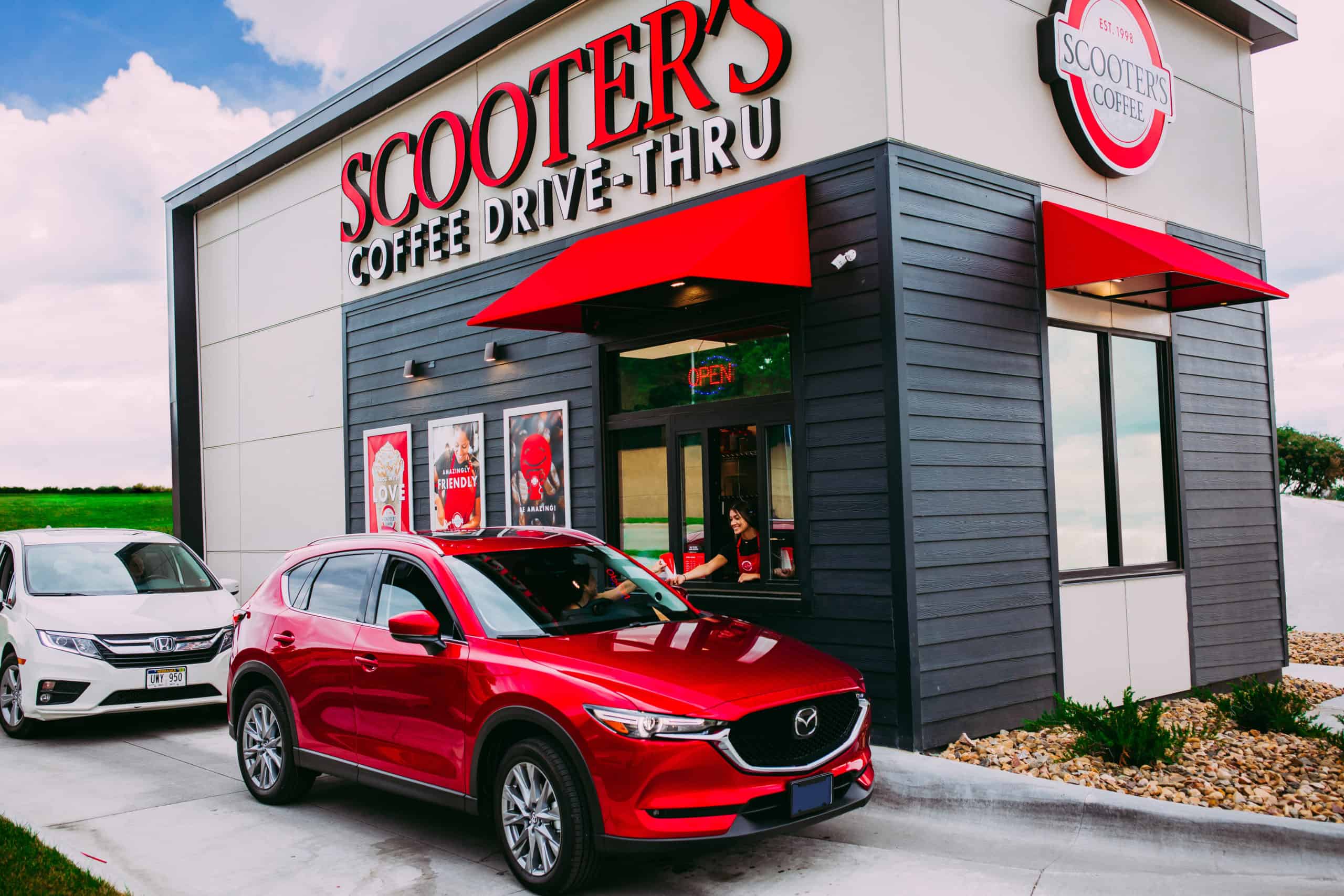

What’s happening in the world of America’s favorite hot brew? Learn about the coffee industry trends that are steaming right now.
In 2021 and beyond, customers are increasingly attracted to coffee shops that offer them lots of options, from exciting, new flavors to beverages with healthful benefits.
TEA. The herbal beverage is becoming an increasingly popular option among younger customers, and some coffeehouses are taking note by offering various tea drinks. The tea industry generates $52.1 billion annually, with revenue predicted to grow to $81.6 billion by 2026. Tea is as versatile as it is prolific, owing part of its increasing popularity to various health benefits and flavor adaptations.
MATCHA LATTES. Speaking of tea, the green tea powder known as matcha has existed for over a thousand years, but its global popularity has grown recently and is becoming a mainstay on coffeeshop menus. The beverage delivers slightly less caffeine than its coffee-based counterparts but is considered by many to be a healthier energy boost.
PLANT-BASED MILKS. One of the newer coffee industry trends. Up until a few years ago, most coffeehouses offered a limited set of milk options, usually skim, half-and-half and cream. Plant-based, non-dairy milks are now popular add-ins for coffee drinkers.
A combination of the growing lactose intolerant and vegan populations, along with other dietary and health concerns, has helped non-dairy milks rise in popularity. These dairy alternatives can sometimes provide more flavor than standard milk or cream, and they come in sweetened and pre-flavored options.
In 2020, the market value for non-dairy milks was $18.81 billion and is expected to grow to $41.06 billion by 2025.
2020 was a monumental year for the coffee industry. Like many other businesses, coffeehouses were forced to find new ways of operating and connecting with customers. Businesses adapted, creating pickup windows at coffee shops, developing apps for consumers to still have access to their favorite beverages, taking on new ways of working to allow for social distancing, and incorporating new cleaning regimens to help keep customers and employees safe. While the process was uncomfortable, it allowed coffee shops to continue to serve their communities, offering some semblance of normalcy for their customers and themselves.
Businesses that have already pivoted to online and delivery have gained more market share, and those that continue to ignore these opportunities will continue to fall behind. In 2020, coffee shops took more control over their cost structure and focused on managing cash. This included more in-store coffee roasting, given its potential for more control, fresher product, and lower cost. Innovative software within electric in-house roasters allows for customization of roast profiles, adaptability to the pounds of beans roasted based on sales, and decreased emissions as it directly correlates to the roast process and cutting out the step of transportation of roasted beans. The rapid increase of in-store roasting will only accelerate.
Customers are expecting their coffee providers not only to deliver on quality, but to minimize their environmental impact. People are increasingly attracted to brands that take a strong environmental and ethical stance. In addition to streamlining their supply chains, brands should consider more sustainable packaging to appeal to increasingly conscientious consumers.
One of the older coffee industry trends, fast-food chains have long relied on drive-thrus for a large percentage of their revenue. Certain brand locations see as much as 70% of their revenue come from drive-up windows. While not a new development, coffeehouses that provide a drive-thru option have become mainstays of the java set. Providing convenience, efficiency, and proper social distancing in the COVID-era, coffee drive-thrus benefit both the customer and the business owner’s bottom line.
Scooter’s Coffee® was an early coffee industry franchise innovator of the drive-thru kiosk model, now approaching almost 400 drive-thru locations across the United States. Our drive-thru kiosk models experienced 31% same-store sales growth in 2020, with the top quartile reporting an AUV of just under $1 million, according to our most recent Franchise Disclosure Document. Even amidst dine-in restrictions, Scooter’s coffeehouse models still saw significant growth.
If you’d like to learn more about franchising opportunities with one of the nation’s most exciting and fastest growing coffee brands, please fill out this form to request more info.